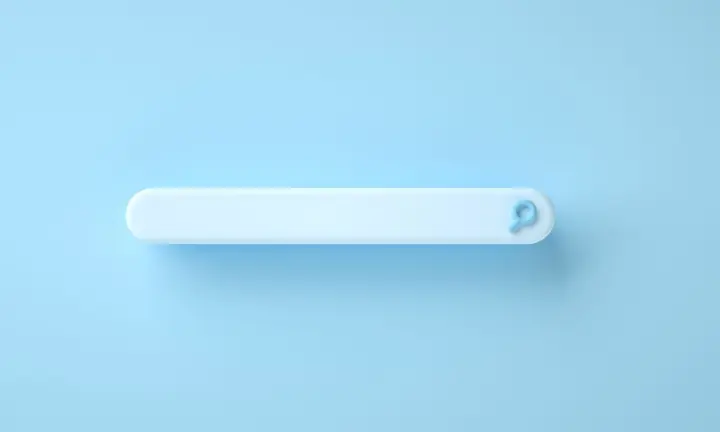When I started as an IT consultant, I never thought I’d get involved in domain disputes.
Perhaps I trusted people too much, perhaps I underestimated what a small business could go through.
But within the first year of SupportWise I had to work my way through three disputes. Whereupon I had to grapple a domain back from a provider for a customer.

What is a domain name dispute?
The most common domain name disputes concern who actually owns the domain name; is it the provider or the customer?
Many small businesses may believe they own their domain name as it is their company name. They have often designed the website, maintained it and more importantly are paying for it. However, it is not as simple as that.
Many things can lead to a domain name dispute. From companies folding, to expiring domain names, to similarity in branding and company names.
Domain name registering is a first come first served basis. Which leads to cases where large companies try to bully smaller companies into selling their domain names due to a company name similarity. With more than 25 million new domain names registered every year there is intense competition for popular words.
It’s a bit of a minefield and therefore there are a number of specialists such as Nominet, who deal with such disputes. However, there are some things you can do to limit the likelihood of any disputes further down the line.

How to prevent a dispute:
- Purchase your domain name – It is important when setting up your website that you actually purchase the domain name. Additionally, use a personal rather than business email address to do so.
- Keep all your details up to date - If your personal email address, business address or phone number should change it’s important to keep the registrar of your domain name up to date so they can always contact you.
- Avoid third parties - Never transfer your domain to a third party. If anyone requests a change in IPS tag then ask them why. You don’t want to inadvertently give your domain name to someone else. Note it is possible to purchase your domain from one organisation and host it elsewhere.
- Have a plan B - It is also possible that the contents of your website might not be your property – even though it’s been paid for. Therefore, should something happen, and you lose your website you should ensure you have a backup to ensure all your content is not lost and can be used to recreate your website.
- Security first - If your domain does expire, then ensure that any accounts associated with the site such as PayPal or Amazon are closed or updated. It is possible, that the domain will be purchased by someone new, and the domain will be connected to your accounts.
- Nominet’s Online Tools - Learn how to use Nominet’s Online tools, which is the official registry for UK domain names. Here, for a nominal amount it is possible to switch your domain to a new registrar as well as go through disputes.
What's Next?
If you have a website and want peace of mind that you actually own the domain name, then contact SupportWise today. We will do all we can to help you.
Alternatively, if you require web design services, we can also help with that! Call us on: 0330 113 7749
Or arrange a free 30 minute discovery meeting.